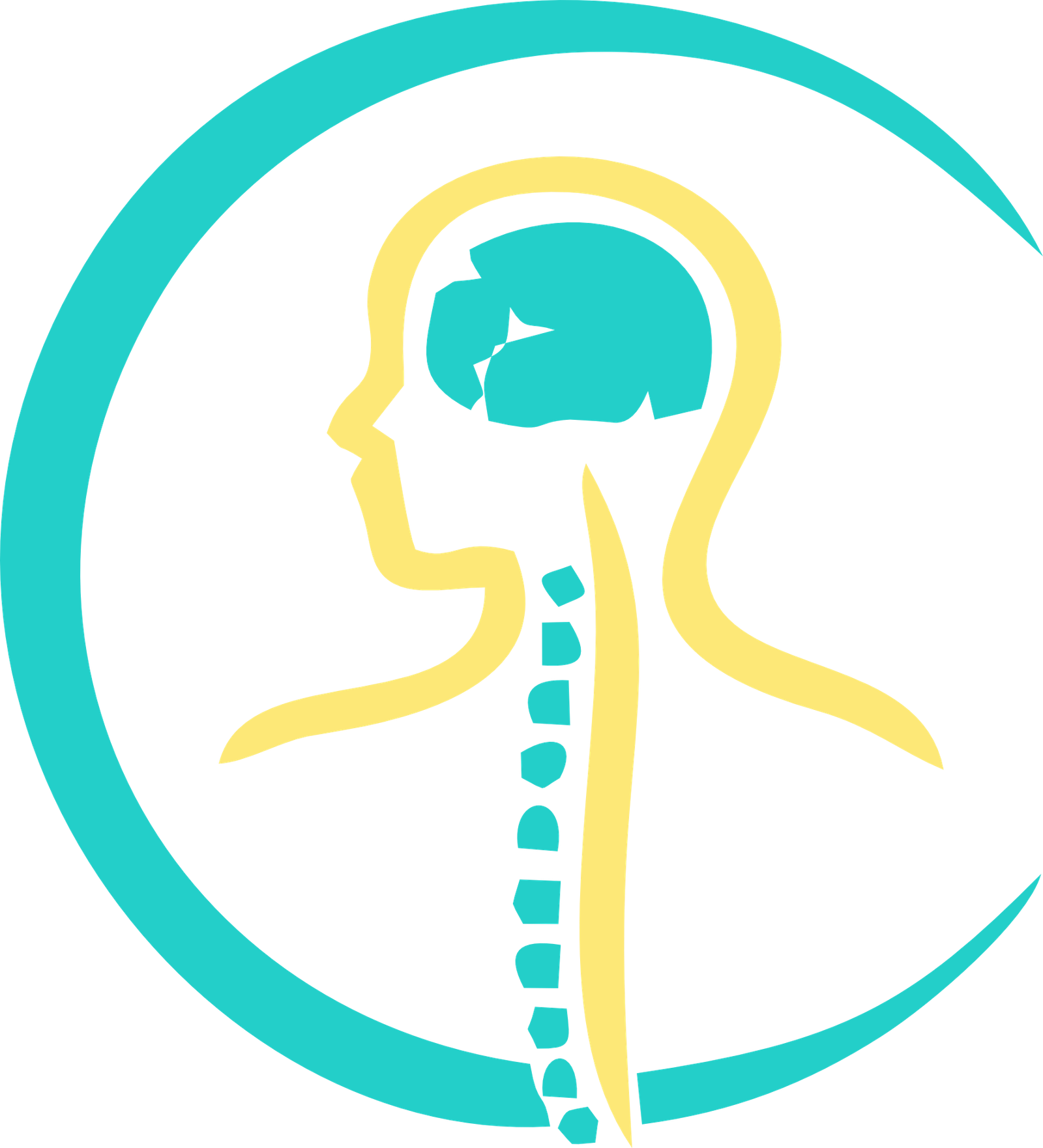Who is a Neurologist?
A neurologist is a doctor specializing in the diagnosis, treatment, and management of conditions that affect the nervous system. The nervous system is a highly complex network comprising two main parts:
- The Central Nervous System (CNS): This includes the brain and spinal cord, acting as the command center of the body.
- The Peripheral Nervous System (PNS): This consists of nerves branching out from the CNS to the rest of the body, controlling functions such as movement and sensation.
Neurologists undergo extensive education, including:
- A medical degree (MBBS or MD equivalent).
- Residency in neurology, typically lasting 3–7 years.
- Often, further fellowship training in subspecialties such as stroke, epilepsy, or movement disorders.
Think of neurologists as the detectives of medicine. They use their keen observational skills, diagnostic tools, and patient history to uncover what’s going on in the intricate maze of the nervous system.
What Conditions Do Neurologists Treat?
The range of conditions treated by neurologists is as vast as the nervous system itself. Here are some common areas of focus:
1. Headaches and Migraines
Chronic headaches, migraines, or cluster headaches often fall under the neurologist’s expertise. These aren’t just “bad headaches”; they can severely affect a person’s quality of life. Neurologists identify triggers, prescribe medications, and recommend lifestyle changes to manage these conditions.
2. Epilepsy
Epilepsy, characterized by recurrent seizures, is another major area of expertise. Neurologists help patients find the right combination of treatments to prevent seizures and improve their quality of life.
3. Stroke
A stroke occurs when blood flow to the brain is interrupted, either by a blockage (ischemic stroke) or bleeding (hemorrhagic stroke). Neurologists play a critical role in stroke prevention, acute management, and post-stroke rehabilitation.
4. Movement Disorders
Conditions such as Parkinson’s disease, essential tremors, and dystonia fall under movement disorders. Neurologists use medications, therapies, and sometimes surgical options like deep brain stimulation (DBS) to help patients regain control.
5. Multiple Sclerosis (MS)
MS is an autoimmune disease where the immune system attacks the protective covering of nerves. Neurologists help manage its unpredictable symptoms, from vision problems to mobility challenges.
6. Alzheimer’s Disease and Other Dementias
As the population ages, neurologists are increasingly involved in diagnosing and managing neurodegenerative diseases like Alzheimer’s. Early intervention can help slow the progression of memory and cognitive decline.
7. Neuropathies
Peripheral neuropathy, often caused by diabetes or other conditions, leads to pain, numbness, and weakness in the limbs. Neurologists identify the root cause and tailor treatments accordingly.
When Should You See a Neurologist?
Sometimes, it’s hard to know when to visit a specialist. Here are signs that you might need to consult a neurologist:
- Persistent or severe headaches that don’t respond to over-the-counter medications.
- Chronic dizziness, fainting, or balance issues.
- Seizures or unexplained loss of consciousness.
- Muscle weakness, numbness, or tingling sensations.
- Memory loss, confusion, or cognitive changes that interfere with daily life.
- Uncontrolled movements, tremors, or rigidity.
- Persistent neck or back pain radiating to other parts of the body.
How Does a Neurologist Diagnose Problems?
The human brain and nervous system are like a high-performance computer network. When something goes wrong, it can be challenging to pinpoint the exact cause. Neurologists use advanced diagnostic tools to unravel the mystery:
- Physical Examination:
Neurologists start with a detailed neurological exam, checking reflexes, muscle strength, coordination, sensation, and cognitive function. - Imaging Tests:
Techniques like MRI (Magnetic Resonance Imaging) or CT (Computed Tomography) scans provide detailed images of the brain and spinal cord. - Electrodiagnostic Tests:
- EEG (Electroencephalogram): Used to detect electrical activity in the brain, often for epilepsy diagnosis.
- EMG (Electromyography): Assesses the electrical activity of muscles and nerve conduction.
- Blood Tests and Lumbar Puncture:
These help rule out infections, inflammation, or metabolic issues affecting the nervous system.
What Makes Neurologists Unique?
Neurologists don’t just treat symptoms—they search for the underlying cause. If a patient has frequent headaches, for example, they might dig deeper to find whether it’s due to migraines, a structural issue, or even an undiagnosed systemic condition.
Moreover, neurologists often collaborate with other specialists, such as psychiatrists for mental health concerns, or neurosurgeons for conditions requiring surgical intervention. This interdisciplinary approach ensures comprehensive care.
The Future of Neurology: Hope on the Horizon
The field of neurology is evolving rapidly, thanks to advances in technology and research. Exciting developments include:
- Brain-Computer Interfaces (BCIs): These could revolutionize the way people with paralysis or motor disorders communicate and interact.
- AI in Diagnostics: Artificial intelligence is making it easier to analyze brain scans, detect patterns, and predict disease progression.
- Gene Therapy: Personalized treatments for genetic neurological disorders are becoming a reality.
- Neuroplasticity: The understanding that the brain can rewire itself opens new doors for stroke recovery and cognitive enhancement.
Tips for Maintaining a Healthy Nervous System
Prevention is always better than cure. While some neurological conditions are unavoidable, certain lifestyle choices can keep your nervous system in top shape:
- Stay Active: Regular exercise improves blood flow to the brain and helps maintain nerve health.
- Eat Brain-Healthy Foods: Include omega-3-rich foods, antioxidants, and plenty of vegetables in your diet.
- Sleep Well: Sleep is when your brain processes information and repairs itself. Aim for 7–9 hours of quality sleep each night.
- Manage Stress: Chronic stress can harm your nervous system. Practice mindfulness, yoga, or deep-breathing exercises.
- Stay Mentally Engaged: Challenge your brain with puzzles, reading, or learning new skills.
Conclusion
Neurologists play a pivotal role in understanding and addressing the intricacies of the nervous system. Whether it’s helping someone recover from a stroke, diagnosing a rare condition, or offering hope to a family facing Alzheimer’s, their expertise transforms lives.
If you or someone you know is experiencing unexplained neurological symptoms, don’t hesitate to seek help. Early intervention can make all the difference in preserving the quality of life and unlocking the brain’s incredible potential.
Your brain is your most valuable asset—take care of it, and trust the neurologist to guide you when needed.





